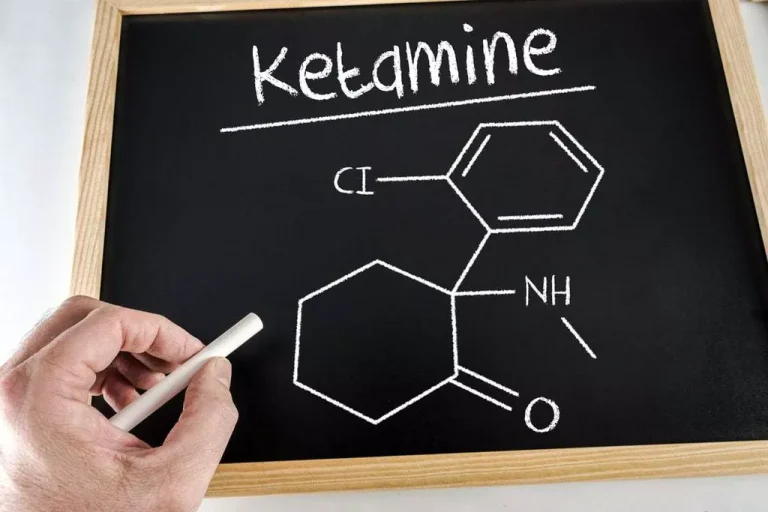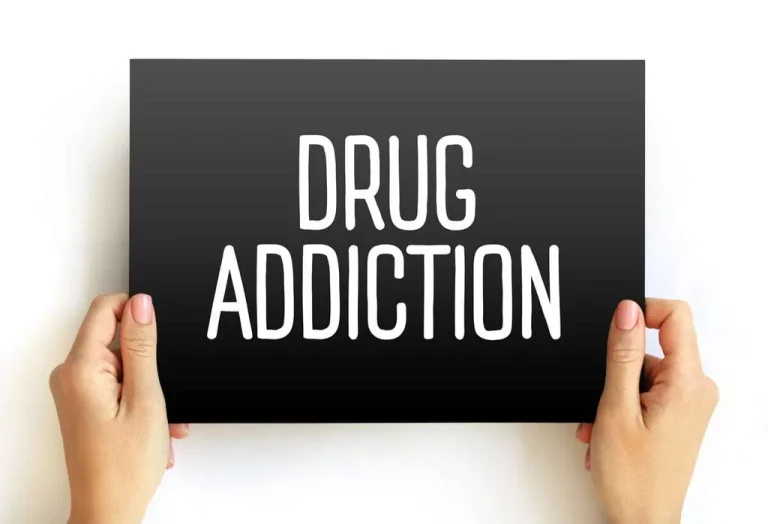
As the name implies, it encourages participants to scale back their alcohol consumption and/or begin to experiment with an alcohol-free lifestyle. The sober-curious lifestyle takes a holistic approach to wellness by encouraging healthier lifestyle choices. By reducing your alcohol consumption, you may experience significant health benefits. Once you’ve got your own life back on track, you can give back to the world around you. Starting with your family, friends and fellow addicts, you’ll find ways to give back to society, big and small.
What Mum ACTUALLY Needs On Mother’s Day (it’s not wine)
- By choosing to live without alcohol, you give your body the opportunity to repair itself, leading to increased vitality and improved long-term health.
- I find myself eating healthier simply because I’m paying more attention to my body now.
- Alcohol robs your body of nutrients and derails your metabolism.
- Studies have also connected alcohol use to an increased risk of stroke, especially for people under the age of 45 years old.
- I have found meditation to quiet my busy mind and, with practice, I am no longer afraid to be still with my thoughts.
- Many things influence and trigger our desire for alcohol.
April is Alcohol Awareness Month, so it’s a good time to talk about how to quit drinking safely and what to expect if you’re going alcohol-free. It’s no secret that alcohol use increased with the COVID-19 pandemic, and that has caused some people to start questioning the role of alcohol in their life. Volpicelli says that some of the negative effects of alcohol on mental health can be reversed if you stop drinking. Living alcohol-free can be an excellent decision for many reasons. Abstinence from alcohol consumption can generate various social advantages, including enhanced interpersonal relationships, improved psychological well-being, and heightened efficiency. It behooves us to delve further into the intricacies of these benefits.

About Soberlink
Many people who are addicted to drugs lose their job due to absenteeism or poor productivity. Addicts cannot concentrate on their work and have a problem with assignments, deadlines and so on. If you are sincere and dedicated, you will have better job prospects and earn more money. If you halt the addictive process, you alcohol free lifestyle will have a better chance at getting (and keeping) a good job.
Stay connected

Alcoholic beverages are a source of added sugar and empty calories. Binge drinking can lead to consuming an extra 600 calories or more in a day. According to =https://ecosoberhouse.com/ Volpicelli, the cognitive changes people can have from drinking—like memory trouble, slowed reaction time, difficulty controlling behavior, and poor concentration—get worse over time. Excessive drinking can lead to the build-up of toxic, highly cancer-causing (carcinogenic) compounds that contribute to inflammation in your body, especially in your liver.
The 10 Biggest Benefits of Being Alcohol-Free.

With emotional dependency, instead of your body craving the drug, your mind craves the effects. Perhaps you need the relaxing effects of a joint or a sugar binge in order to feel safe, secure and comforted. Although you know deep in your heart that it’s not healthy to rely on a substance or activity to feel good, you can’t help yourself. The more you indulge in your addiction, the better you feel, and the better you feel, the more you want. It’s important to remember that many of these benefits take time to develop, and it’s normal to need support on your journey. Talking with a professional or a support group can help you learn strategies for combating cravings, withdrawal symptoms, and other challenges.

Freedom from physical dependency
Many people with alcohol use disorder also have other mental health conditions like depression, anxiety, bipolar disorder, or schizophrenia. With no hangover, sleeping well and making better food choices make me feel happier! Now I’m not saying that life is all rainbows and unicorns every day but I don’t live in the trenches of self-loathing and despair like I used to. I approached my kindhearted teacher with my concerns. “Why don’t you gear all the writing assignments in Substance abuse this class toward finding clarity on your drinking problem?

